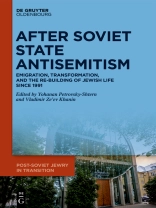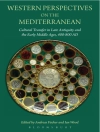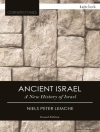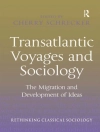Following the abolishment of state-sanctioned antisemitism under Gorbachev’s Perestroika liberalization policy, Jewish life in the (F)SU ([former] Soviet Union) was dominated by two interrelated trends: large-scale emigration on the one hand, and attempts to re-establish a fully-organized local Jewish life on the other. Although many aspects of these trends have become the subjects of academic research, a few important developments in the recent decade have not been studied in depth.
The authors of this volume trace these trends using various methods from the social sciences and humanities and focusing on issues pertaining to the physical, mental, legal, and cultural borders of the Jewish collective in the post-Soviet Eurasia; traditional and modern patterns of Jewish ethnic, national, religious, and cultural identities; the development of Jewish organizations and movements; contemporary Jewish religious and civil culture; and the general sociocultural and political context(s) of the FSU Jewish life.
This volume will make a robust contribution to research on contemporary Jewish (and other) ethnicities and will enrich public discourses on ethnic, religious, and cultural minorities and their current situation in Europe and the FSU.
Об авторе
Vladimir Ze’ev Khanin, Bar-Ilan University, Israel; Yohanan Petrovsky-Shtern, Northwestern University, Evanston, IL, USA.












